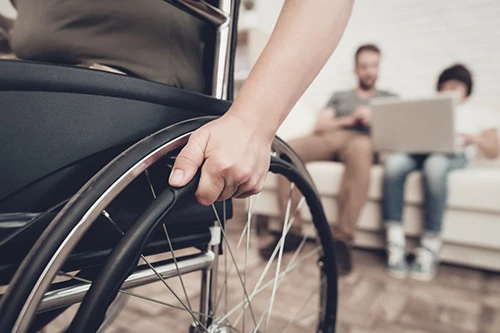Having a teen driver can be a frightening prospect, as their age group is most likely to be involved in an auto accident, according to the CDC. However, there are ways to reduce the likelihood of this from occurring. Here are some tips you can do to ensure you teen driver is ready for the rigors of the road.
Take A Safe Driving Course
Safe driving courses are excellent for teens looking to master the road. They provide educational resources to help your teen gain confidence. You can find safe driving courses by consulting with Florida’s Department of Motor Vehicles.
Set A Good Example
Your teen will mimic what you do more than what you say, so it’s important to practice what you emphasize. If you speed, text while driving, and do other reckless behaviors your teen will follow your example, and this could increase their chances of being in an accident. Instead, practice safe driving behaviors: wear your safety belt, tuck your cell phone away in a place where you won’t access it during stops and reduce distractions such as loud music. By providing a good example, your teen will be more apt to follow it.
Buy A Safe Car
When your teen begins driving, it’s important they have a vehicle that possesses the most up to date safety measures. You should look for cars that have anti-lock braking, airbags, and electronic stability control. When looking for a car, you can inspect its crash safety record with the NHTSA. The NHTSA provides a star rating for each test conducted for a vehicle. The goal should be to find a vehicle with at least an overall four or five-star rating.
Drive Solo
To eliminate distractions, only allow your teen to drive their car if they are traveling alone. If they travel with another passenger, it can distract them, increasing the chances of an accident.
Share Your Experiences
Another way to emphasize safe driving is to share your driving experiences with them. To demonstrate, say you are on the freeway and you pass a cop running radar. You could tell them about the time you received a speeding ticket and how expensive of a mistake it was. By sharing real life examples, teens will be more likely to remember behaviors to avoid when it comes time for them to take the wheel.

